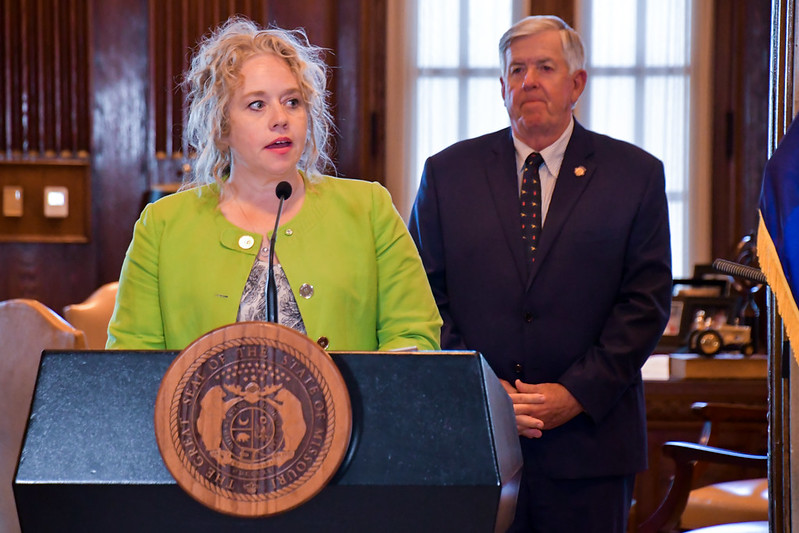JEFFERSON CITY, Mo. — Home energy funding assistance is coming for low-income families as part of the second phase of reopening, Missouri’s Department of Social Services (DSS) says.
Utility companies have waived disconnects and late payment collection since the beginning of the COVID-19 pandemic. The funding comes through DSS’s Low Income Home Energy Assistance Program (LIHEAP) and amounts to a total of $15 million.
“We want Missourians to remain healthy, especially when dangerously high temperatures can make homes unsafe,” said DSS Acting Director Jennifer Tidball during Tuesday’s press conference. “More families than ever are struggling with financial hardships and may not have enough resources to pay the electric bill to cool their household and keep food on the table. We are grateful to utility companies for providing temporary relief to Missourians who cannot pay their utility bills; however, this cannot last forever. As we move Missouri’s Show Me Strong Recovery Plan forward, we want to make sure Missouri citizens know that LIHEAP may be available to help with cooling costs.”
The assistance will be available to families at or below 135 percent of the poverty level. Households meeting the criteria can receive help on bills from June through September.
Tidball also announced the U.S. Department of Agriculture will resume its requirements on food assistance starting in July. Low-income households had not been required by the department to renew their Supplemental Nutrition Assistance Program (SNAP) status during the pandemic but will now be required to do so by July 15 if their status is up for reevaluation. Forms are set to be sent out to those households this week, Tidball said.
Missouri’s Department of Labor (DOLIR) Director Anna Hui announced new requirements for unemployment. Those remaining on unemployment benefits are to begin registering three job hunting activities for both regular unemployment as well as the coronavirus program starting July 5, Hui said. Those with a set recall date are exempt from this requirement.
In addition, Hui explained the Shared Work Unemployment Compensation Program, which allows employers to divide the available work among a specific group of employees rather than laying them off. This would allow employees to receive a portion of their unemployment benefits while also working reduced hours.
EDITOR’S NOTE: For up-to-date information on coronavirus, check with the CDC and DHSS.

Cameron Gerber studied journalism at Lincoln University. Prior to Lincoln, he earned an associate’s degree from State Fair Community College. Cameron is a native of Eldon, Missouri.
Contact Cameron at cameron@themissouritimes.com.






















